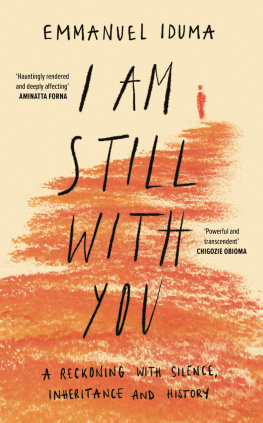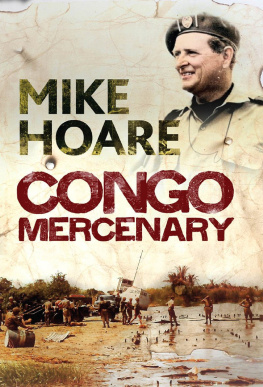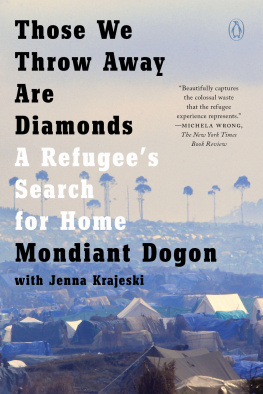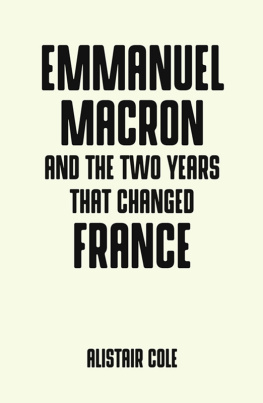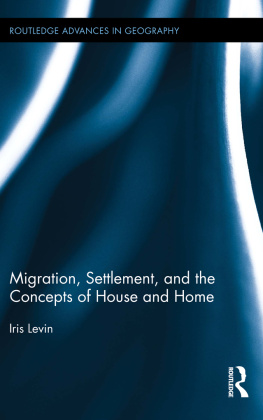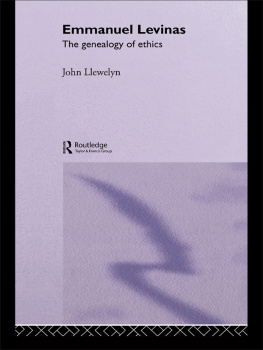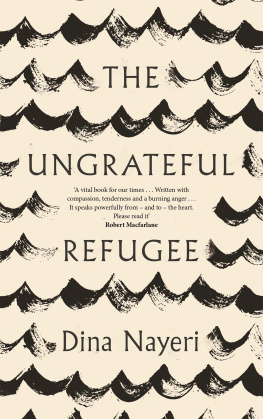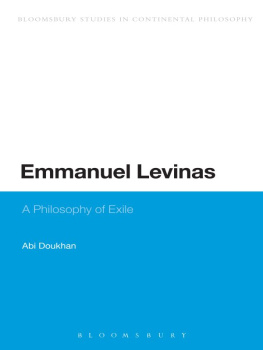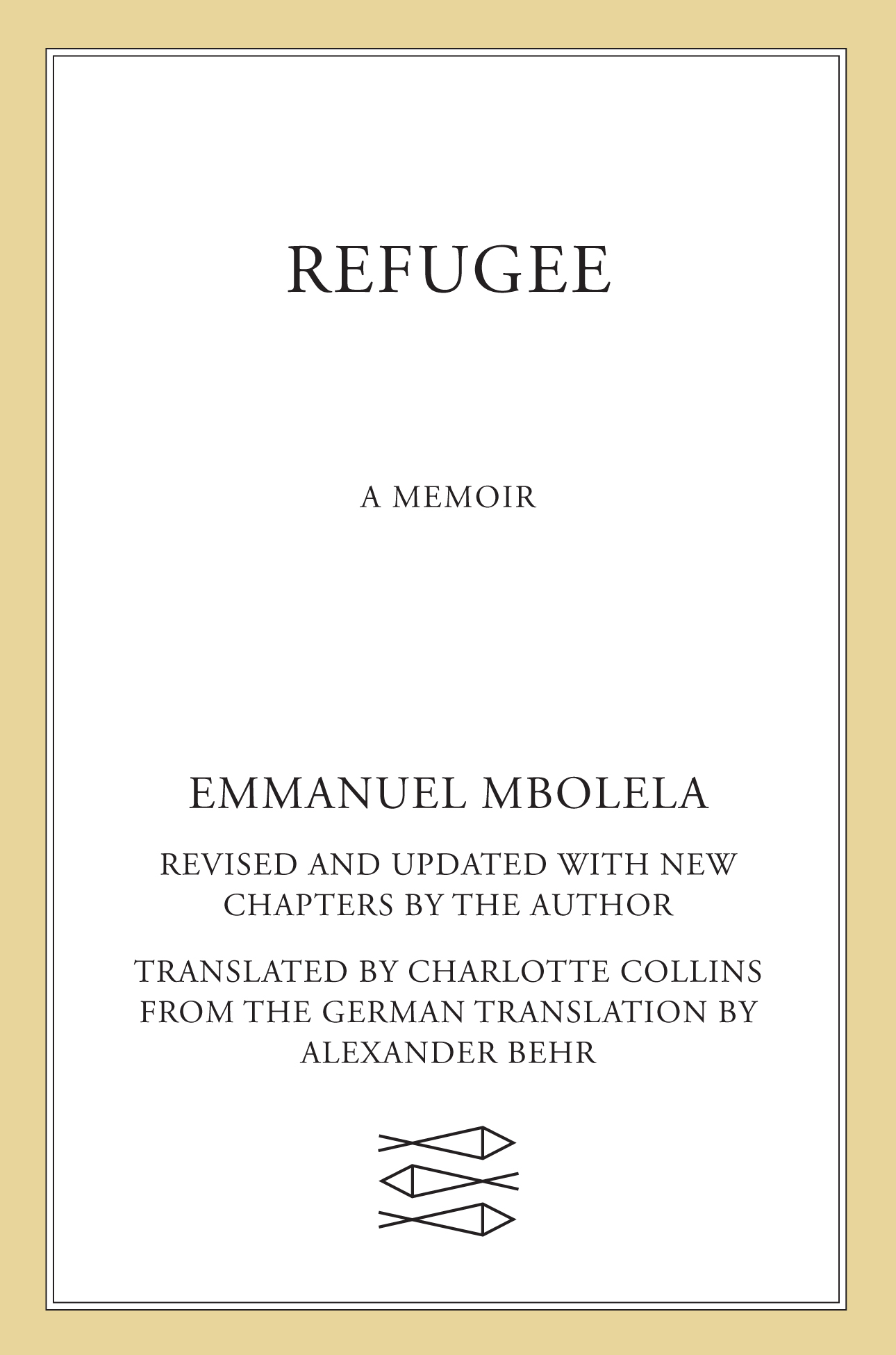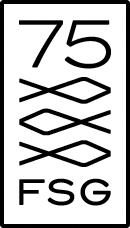The author and publisher have provided this e-book to you for your personal use only. You may not make this e-book publicly available in any way. Copyright infringement is against the law. If you believe the copy of this e-book you are reading infringes on the authors copyright, please notify the publisher at: us.macmillanusa.com/piracy.
Reading the English edition of this remarkable book reminded me of something an aunt said to me years ago: a metaphor for tackling lifes more daunting challenges. Remember what its like after you host a large gathering, she said. Everyones left, and youre exhausted, but you still have to clear away the mess. You cant think where to begin. Then, out of the corner of your eye, you notice an ashtray right beside your hand. You drop your fingers, pick it up, flick your wrist, and empty the contents into a bin. Thats followed by the leftovers on a plate alongside; and so the cleanup begins, each movement following on from the next, until at last the room is tidy. Everything, she said, starts with a small, often barely perceptible step.
Emmanuel Mbolelas decision to establish ARCOM, a not-for-profit organization assisting Congolese asylum seekers, in Morocco in 2005when, as a migrant of irregular status, he, too, was vulnerable to deportationwas his subtle yet transformative step forward.
Emmanuels story begins in Mbuji-Mayi in the 1980s, in what is now the Democratic Republic of the Congo (the DRC). As a student, Emmanuels exposure to the injustices of authoritarian rule stirred him to oppose state repression, and the price he paid for his early activism was terribly high. Imprisoned, tortured, he knew he was no longer safe in the country of his birth. Like so many others in the political opposition, once released, he left his family and friends in search of a place where he might have a future, somewhere freedom and justice were respected.
His journey through Africa and eventual arrival in Europe are vividly portrayed, with wrenching descriptions of the immense pain suffered by migrants, of their commitment to their families, and their fight for survival. His book also reveals the cruelties of the criminally minded, the insensitivity of far too many governments and their bureaucrats, and the xenophobia, the racism, the sexual and gender-based violence inflicted on migrantsthe extent of which is still largely unknown to far too many people in the Western world. Importantly, Emmanuel also pays tribute to the kindness and selflessness of many others, to whom we all owe a debt of gratitude.
Emmanuels suffering while in transit and while living as a sans-papiers (undocumented migrant) dampened his spirit at times, but he never lost his thoughtfulness and desire to help others whenever he could. In the four years he lived in Morocco, he set up small but important health care and schooling initiatives for the migrant communitya preparation for the founding of ARCOM, which thrust him into a different league.
He had good reason to be nervous about taking such a step, given his perilous circumstances, but felt that he had no choice. It was courageous, because he knew full well that it would instantly make him more visible to the Moroccan police at a time when visibility was synonymous with deportation. Yet it was also a masterstroke. By dedicating himself to the protection of the wider community, and achieving some crucial early successes, Emmanuel was able not only to protect himself better but also to unlock a profound sense of personal mission. His destination was no longer defined simply by geographyreaching Europebut by the embracing and active promotion of universal human rights. Refusing to be merely a long-suffering victim of circumstance, he took his fate and that of his community into his own hands, becoming a leader who fashioned his own circumstances.
For anyone who feels similarly helpless, this book is a study in the art of taking control, intelligently, step by step, whatever the odds, and reshaping fate by investing in others, particularly in grassroots networks.
ARCOM was geared to settling practical issues, but it also asked more profound questions. How do we square Africas vast resources with its continued state of impoverishment? What is the current relationship between the commodities markets and the persistence of despotic rule in Africa? How does one make sense of these conditions, in the context of Europes position on immigration? Is it not the case, Emmanuel asks, that all human beings, including migrants, are entitled to protection, whatever their legal status? How can the simple fact of being a migrant mean that you are a criminal? He is right on both counts. In 2014, my office, the Office of the United Nations High Commissioner for Human Rights, issued a document, Principles and Guidelines on Human Rights at International Borders, which set out how all migrants, irrespective of legal status, ought to be treated. The principles included the centrality of human rights in all border governance issues; that migrants should be protected against any form of discrimination at borders; and that states should consider the individual circumstances of all migrants at borders. It is to my profound regret that, six years on, the implementation of this guidance remains a work in progress. The struggle continues.
Emmanuels odyssey echoes the central theme of Farid ud-Din Attars twelfth-century epic poem, The Conference of the Birds: that of the journey and the destination becoming one. This book restores our faith in action, and in the almost miraculous possibilities that arise when action is directed to the service of others. We should all take careful note of this, and be grateful to Emmanuel Mbolela for his example.
Zeid Raad Al Hussein, UN High Commissioner for Human Rights, 20142018
New York, April 2020
They wanted to silence me. They didnt know that I was a messenger.
Prison is one of the weapons African dictators use to silence those who oppose their nontransparent ways of governing their countries. I did not escape this weapon in my own country, the so-called Democratic Republic of the Congo. For organizing and participating in a peaceful demonstration, I was thrown into prison, where I endured extreme physical and mental torture. Forced to leave my country, I suffered many more acts of violence on my journey into exile: racketeering by customs officers, the trade of human trafficking, being ambushed in the Sahara desert, working illegally in Tamanrasset to finance the rest of the journey, and, finally, the trap of Morocco, where I remained stuck for four years before I finally came to the Netherlands in 2008. Here I went on to write this book, which has become an instrument in this fight and allows me to give voice to the voiceless.
My book was first published in German in June 2014. It appeared in French in January 2016, and in Italian in 2018. I have been getting into and out of planes, trains, buses, and cars ever since, meeting people all over Europe. I have facilitated more than four hundred conferences in high schools and universities, libraries and bookshops, institutions and organizations, theaters and collectives, in villages, in the countryside, in farms and cities, in numerous European countriesAustria, Belgium, France, Germany, Italy, Luxembourg, the Netherlands, Portugal, Spain, Switzerland. These conferences have allowed me, on the one hand, to talk about my journey, about the fundamental issues that forced me, and hundreds of thousands like me, to embark on this odyssey, and about my commitment to the fight in defense of migrants and their cause. On the other hand, and especially, these encounters with people from all socio-professional categories have helped me to listen, in order to understand what grassroots Europe knew of these issues, and what impression they had formed of Africans migration. I have met people who have not remained indifferent to the cause I defend. This cause, first and foremost my own, is also that of thousands who, like me, have been forced to leave their countries, impelled by the various reasons that the reader will learn about in this book. Many of those who have listened to my lectures or read my book have committed themselves to playing their part in this fightthe fight against the war on migrants. I recall the banner held aloft by students in the audience at the University of Vienna: They are here because we were there.


